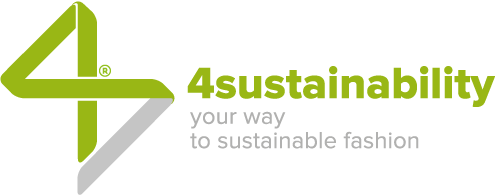VMSE Standard and Ympact: practical tools to address ESG risks. A European framework and digital platform supporting SMEs in gradually and accessibly integrating sustainability into their business processes.
With the Omnibus package, Europe has chosen to revise certain regulatory obligations on sustainability, particularly for small and medium-sized enterprises (SMEs). Simplification, however, does not mean stepping back: rather, it means acknowledging that the sustainable transition cannot be treated merely as a bureaucratic requirement. It demands the right tools, targeted industrial strategies, and the progressive integration of ESG risks into decision-making processes and business models.
In this context, the VMSE standard (Voluntary ESRS for non-listed SMEs), developed by EFRAG (European Financial Reporting Advisory Group), marks a critical milestone. It provides SMEs with a voluntary yet authoritative framework to initiate – or strengthen – their sustainability reporting journey.
But how can SMEs credibly and accessibly report their environmental and social impacts without overburdening teams and departments that are already under strain?
The VMSE: A Cross-Sector Standard Designed for SMEs
The VMSE was developed to help non-listed small and medium-sized enterprises communicate their environmental, social, and governance (ESG) impacts in a way that is proportionate and aligned with market expectations. Its goal is to enhance transparency across value chains, support dialogue with customers, financial institutions, and stakeholders, and ultimately strengthen the competitiveness of European SMEs in a rapidly evolving landscape.
It’s important to note that once officially “endorsed” as intended by the European Commission, the VMSE will also serve as the informational threshold for companies that fall outside the scope of the Corporate Sustainability Reporting Directive (CSRD) and the Corporate Sustainability Due Diligence Directive (CSDDD) – this is the so-called value chain cap. Effectively, companies subject to the CSRD will not be allowed to request additional ESG information from SMEs in their supply chains beyond what is required by the VMSE standard. Similarly, under the CSDDD, the VMSE will define the boundaries within which large companies can collect data from SMEs for impact mapping purposes.
The standard follows a modular structure, built around a core set of key indicators and a flexible system that allows for a phased approach to reporting. It is designed to be interoperable with the mandatory ESRS (European Sustainability Reporting Standards) applicable to large companies under the CSRD, yet tailored to the scale, capabilities, and needs of SMEs.
ESG Data Collection and Disclosure
In line with this approach, EFRAG launched a study in 2023 to identify digital platforms and data collection tools that can support SMEs on their reporting path.
Among the operational solutions already active in the fashion industry, Ympact stands out for going well beyond the VMSE’s minimum requirements. This collaborative platform enables companies to track products, processes, and stakeholders across the entire value chain – monitoring and verifying impacts in a way that is transparent, reliable, and interoperable. Through an advanced ESG data collection and disclosure system, over 3,500 businesses have already embarked on a structured measurement journey. Around 300 of these have achieved validated results through the application of the 4sustainability® framework.
To illustrate, many of the ESG disclosures required by the VMSE – particularly environmental and social ones – are already available within the Ympact Platform, as they are collected during the initial assessment phase and/or throughout the implementation of the 4s framework pillars: 4s CHEM, 4s PLANET, 4s CHAIN, 4s MATERIALS, 4s PEOPLE, 4s CYCLE.
Access to tools like this not only facilitates compliance but significantly strengthens the positioning of SMEs within the most advanced supply chains. The ability to collect reliable data, aggregate it by process or product, and report it in formats aligned with European standards is a meaningful competitive advantage. It helps build trust, attract new opportunities, and address sustainability-related business risks proactively.

